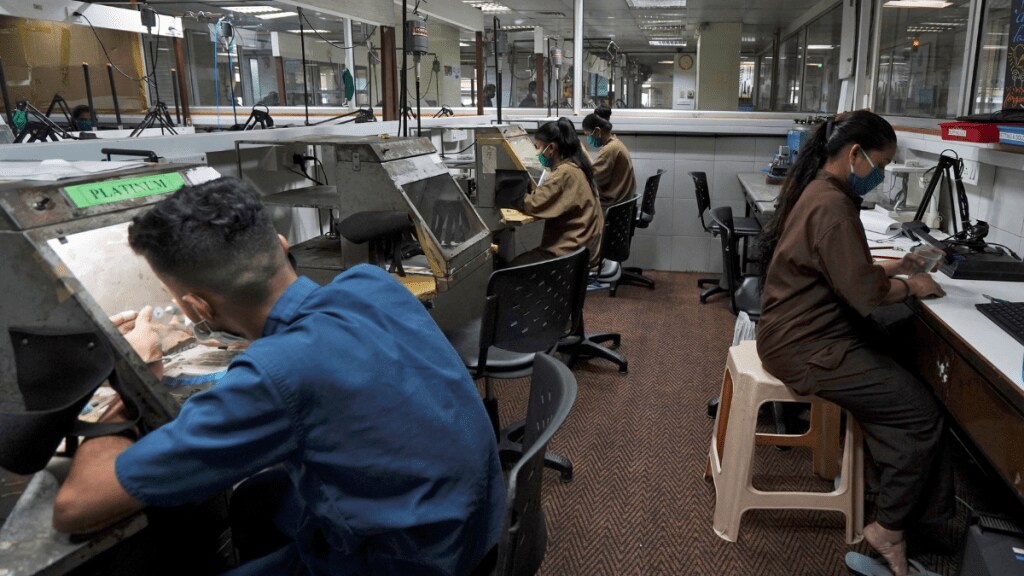With an outlay of Rs 2 trillion over five years, the Budget has given a huge boost to employment and skilling activities. Under a comprehensive package covering 41 million people, the Budget has outlined five schemes that will promote job creation and strengthen the skilling infrastructure.
For instance, in an incentive-linked employment scheme, the government will provide direct benefit transfer (DBT) of one-month salary in three instalments to first-time employees up to Rs 15,000. Employees who are registered with EPFO and getting a salary of less than Rs 1 lakh per month will be eligible for this scheme.
Finance Minister Nirmala Sitharaman also launched a separate scheme for job creation in the manufacturing sector. Under the scheme, an incentive will be provided (at specified scale) both to the employee and the employer with respect to their EPFO contribution in the first four years of employment.
“The increase of about 30% in the Budget dedicated to education, skilling and employment showcases the readiness of the government to significantly improve the employment and employability in the country,” said Shantanu Rooj, founder & CEO at TeamLease Edtech. In the current Budget, there’s an allocation of Rs 1.48 trillion towards education, employment and skilling, a jump of 31% as compared to the last Budget.
To upgrade the training infrastructure, especially for blue-collar jobs, the FM has earmarked Rs 60,000 crore to upgrade 1,000 ITIs (industrial training institutes) through a hub and spoke model over the next five years. Additionally, there’s a scheme to support employers where the government will reimburse the employers up to Rs 3,000 per month for two years towards their EPFO contribution for each additional employee. The linkage to EPFO registration, as experts point out, will help in the formalisation of more jobs.
“This employer-focused scheme will cover additional employment in all sectors. It is expected to incentivise additional employment of 50 lakh persons,” Sitharaman said.
Experts are excited about a new internship programme for 10 million people. Under the plan, the candidates will get to work in top 500 firms with an entitlement of Rs 5,000 per month along with a one-time assistance of Rs 6,000. The FM said that the companies will bear the training cost and 10% of the internship cost from their CSR (corporate social responsibility) funds.
“The cross-sector collaboration can address the rapidly growing skills gap and social inequities, ensuring students transition smoothly into high-demand job roles. Businesses will also benefit from a diverse and skilled talent pool, reducing recruitment time and costs,” said Raghav Gupta, managing director (APAC and India), Coursera.
To promote the growing demand for new-age skills that typically cost more, the Budget has revamped the model skill loan scheme to facilitate loans up to Rs 7.5 lakh with a government-backed guarantee. Financial support for loans up to Rs 10 lakh for higher education in domestic institutions has also been introduced.
Experts said that even though the schemes are expected to improve the employment scenario in the country, their implementation remains the key. “The success of these schemes will depend on effective implementation, compliance monitoring and ensuring the sustainability of the jobs created,” said Shreevardhan Sinha, senior partner at Desai & Diwanji.


